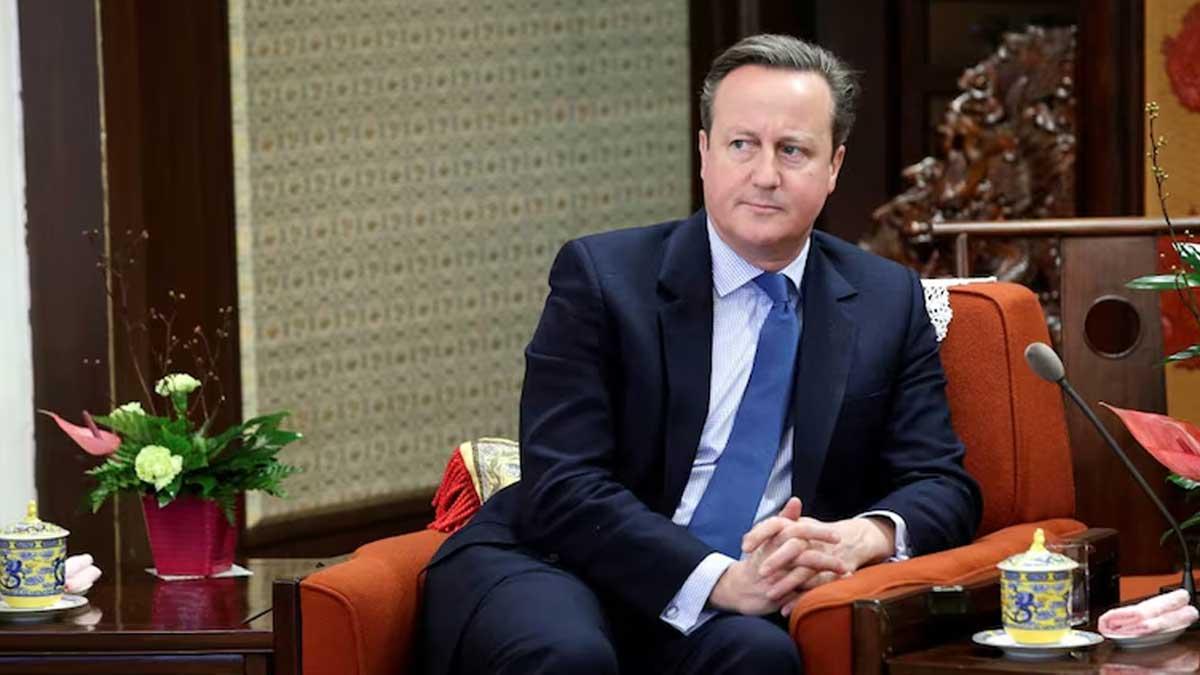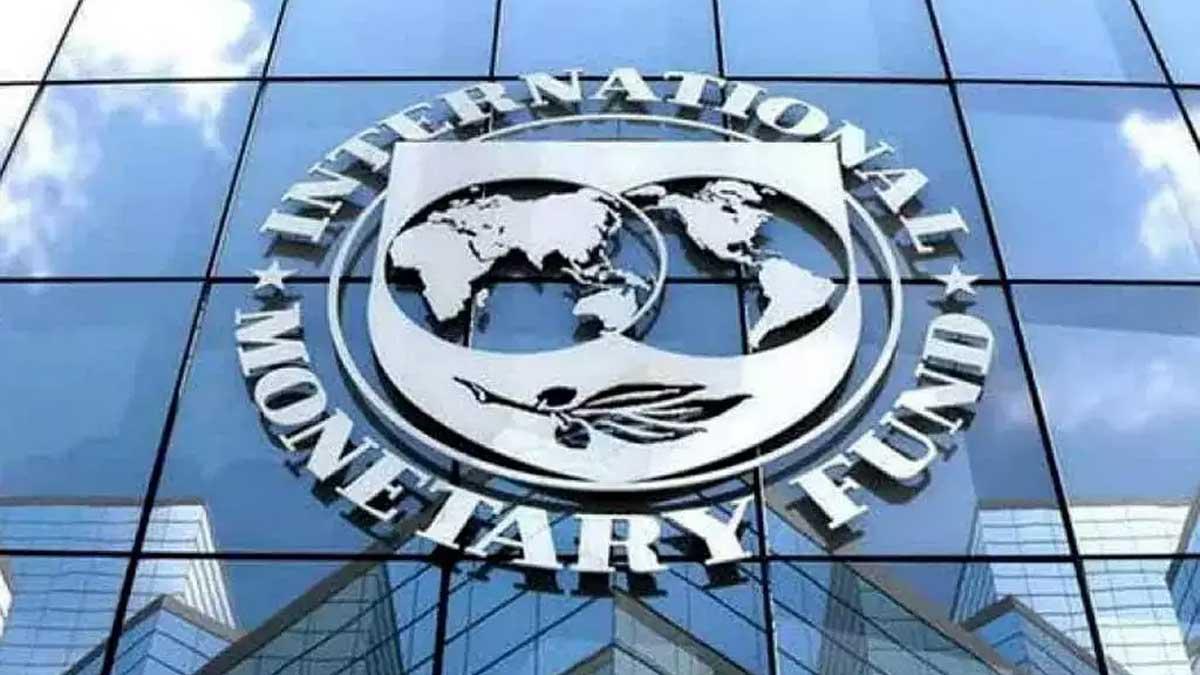A just transition that seeks to maximize potential socioeconomic benefits while minimising the expected negative impacts of global decarbonisation poses a unique set of risks, opportunities, and challenges to sovereigns and corporates in emerging markets (EMs), Moody's Investors Service said in a report.
Exploring how the move toward net-zero is likely to reshape economies globally Moody's in its report said the carbon transition will like ly be more difficult for EM sovereigns because of typically higher exposure to social risks, weaker governance, and lower financial buffers.
Also, companies in EMs are generally not well prepared to manage reorganisation and professional development for workforces, or social and economic development for local communities, the report notes.
The governments in the EM are at the forefront of financing just transition initiatives, and growth and innovation in sovereign sustainable bond issuance can help fill the substantial funding gap between sovereigns' current budgets and projected transition costs.
The net-zero transition will also involve a significant reallocation of corporate resources that will affect workforces and communities.
Companies that fail to demonstrate how they will implement policies and programmes to manage the social consequences of the carbon transition are likely to face greater scrutiny from investors, policymakers and consumers, thereby raising potential market, reputational and legal risks, Moody's said.


















